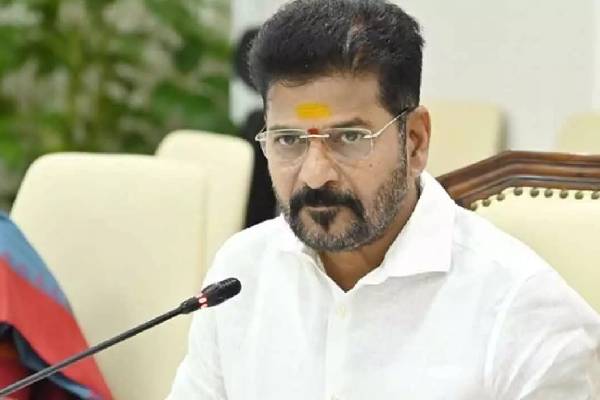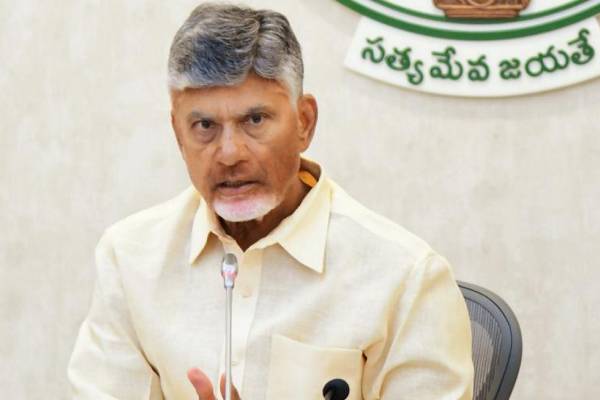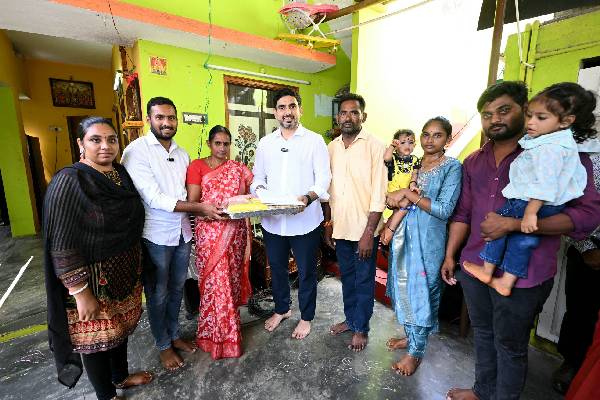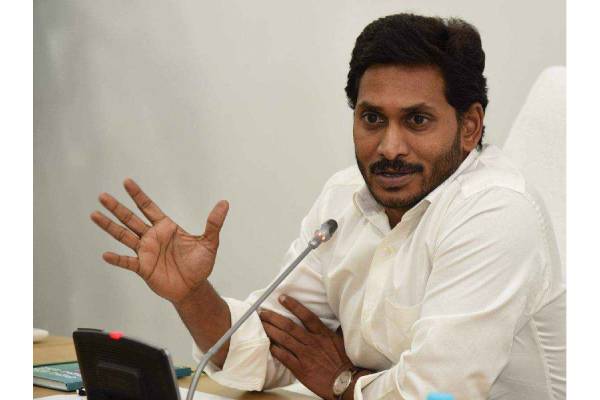The Indian Political Action Committee (I-PAC) played a significant role in the drastic downfall of the YSR Congress Party (YSRCP) in the 2024 Andhra Pradesh assembly elections, contributing to its debacle in three major ways:
· Providing incorrect surveys and information to Jagan Mohan Reddy,
· Running abusive and arrogant social media campaigns, and
· Distancing YSRCP leaders from Jagan.
The 2019 Victory and Subsequent Dependence on I-PAC
In 2019, under the strategic guidance of Prashant Kishore’s I-PAC, Jagan Mohan Reddy led YSRCP to a massive victory, securing 151 out of 175 seats. This success established I-PAC as a crucial element in Jagan’s political machinery. However, after Prashant Kishore departed from I-PAC, Jagan relied on the organization for political strategizing and social media management, which proved a grave mistake.
Misinformation and Misleading Surveys
It appears that I-PAC misled Jagan with incorrect surveys and information. Despite the growing discontent among various segments of the population, Jagan remained confident, largely due to the misleading reports from I-PAC. This overconfidence was evident when Jagan visited the I-PAC office after the elections, praising the team for their efforts, unaware of the impending electoral disaster.
Abusive Social Media Campaigns
I-PAC’s strategy involved aggressive and abusive social media campaigns that ultimately alienated significant sections of the electorate. The viral videos and posts supporting Jagan were often not from genuine supporters but orchestrated by the I-PAC team. This deception was uncovered when photos of I-PAC members, who had appeared in those videos, surfaced after the elections, shocking the public.
Furthermore, any logical criticism of Jagan on social media was met with a barrage of abusive comments, which were later revealed to be from I-PAC team members. This toxic environment discouraged genuine dialogue and feedback, further alienating the electorate and creating a false sense of popularity and support around Jagan.
Distancing Jagan from Reality
Beyond social media and surveys, I-PAC also contributed to Jagan’s downfall by distancing him from his party’s MLAs, MPs, and other leaders. These leaders, who could have provided ground reality and constructive feedback, were sidelined, leaving Jagan isolated from the true sentiments of the people. The lack of direct interaction with his party members prevented Jagan from addressing critical issues and understanding the electorate’s discontent.
I-PAC’s influence on Jagan’s political strategy backfired spectacularly in the 2024 elections. The reliance on incorrect data, the execution of aggressive and abusive social media campaigns, and the creation of a barrier between Jagan and his party leaders culminated in a devastating defeat for YSRCP. This debacle underscores the need for genuine, grassroots engagement and the dangers of over-reliance on external political consultants. For YSRCP to recover, thorough introspection and a shift toward transparent and inclusive political practices are imperative.
– ZURAN (@CriticZuran)

































